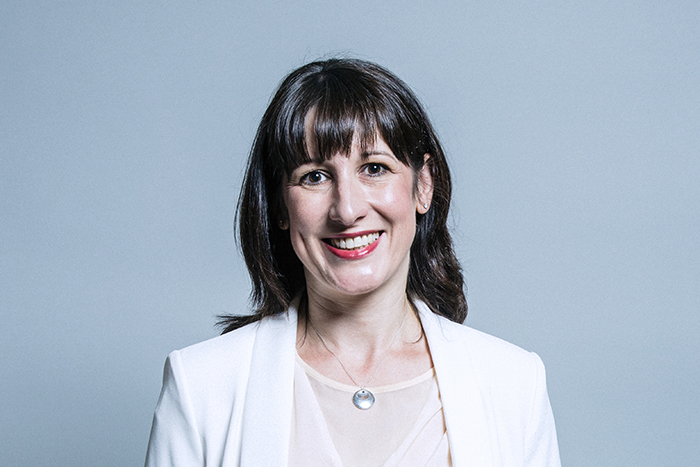
Rachel Reeves will need to raise taxes by “at least” £15bn to £20bn in next month’s Budget, with capital gains and inheritance taxes set to rise, says Goldman Sachs.
The Chancellor faces “significant in-year spending pressures” as well as a £22bn black hole in the public finances left by the previous Conservative administration, says the Wall Street bank.
“We expect that the government will aim to raise at least £15bn to £20bn per year in additional receipts on top of the tax increases announced in the manifesto,” writes lead Goldman analyst Sven Jari Stehn in a note to investors.
Reeves has ruled out rises in income tax, national insurance, VAT, and corporation tax in the current five-year parliament, ahead of the 30 October fiscal statement.
Goldman points out: “We expect that the Chancellor will instead consider a series of smaller tax-raising measures, which could include reforming capital gains tax, scrapping inheritance tax reliefs, and altering tax reliefs on pension contributions.”
The US bank says estimates of how much could be raised from capital gains tax “vary significantly”.
Capital gains tax is currently charged at between 18% and 24% for residential property, though the Institute for Public Policy Research thinktank has urged the Chancellor to raise this to the 40% income tax level for higher rate taxpayers.
Researchers at the University of Warwick have estimated that equalizing capital gains and income tax rates could raise as much as £16bn a year, but others point out that high tax hikes prompt people to find loopholes.
Goldman says: “We expect that the government will most likely implement a relatively modest increase, and the [independent public finances watchdog] Office for Budget Responsibility will score this as raising at most a few billion.”
Inheritance tax is not liable on estates worth less than £325,000, but after this the standard rate is 40%, although there are exemptions for agricultural land, businesses, some shares and pensions.
Last year this tax raised £7.5bn and affected 4.4% of estates on death in the 2021-22 tax year.
Goldman says: “We also expect the government to scrap several inheritance tax reliefs. The residence nil-rate band – which raises the inheritance tax threshold on residential property and costs £1.8bn a year – could also be targeted given that Reeves has in the past argued against the relief.
“The government could also cap agricultural and business reliefs, and bring defined contribution pension pots into estates, which the Institute for Fiscal Studies estimates would raise around £2.2bn a year.”
After these taxes, Goldman argues that the Treasury will look toward pensions reforms, and other areas such as the single-person council tax discount – which costs £3bn a year – and possible changes to banking surcharges.



